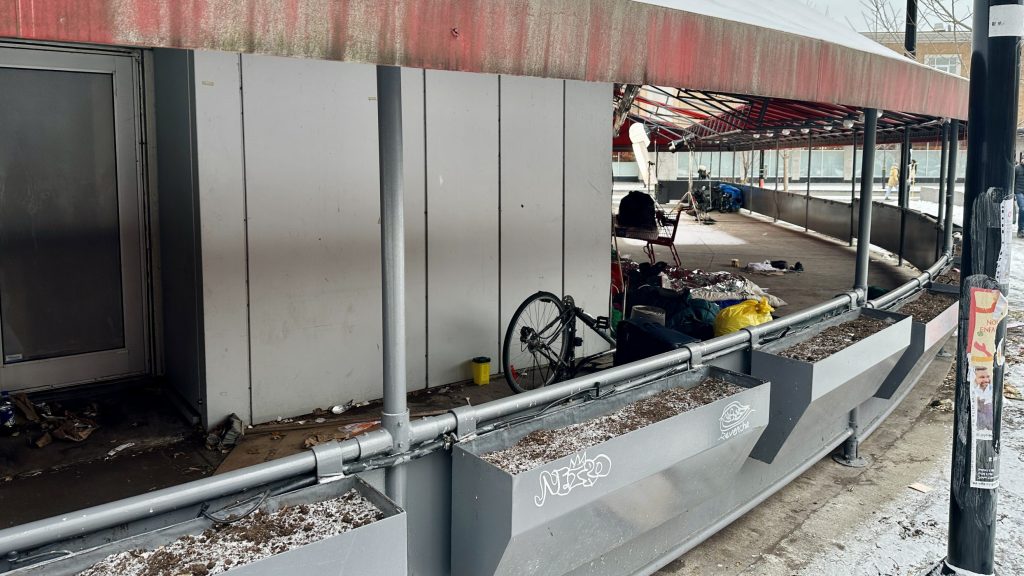Montreal restauranteur incentivizing employees amid labour shortage
Posted November 12, 2022 4:53 pm.
Last Updated November 12, 2022 6:18 pm.
“Now we’re hoping to get back to six days, which was what we had originally pre-pandemic. But you need staff,” says co-owner of Viana Grillades Portugaise Vanessa Da Costa.
“I think bars and restaurants, anyone in hospitality in the hospitality industry should be rethinking the way that they run their bar or restaurant,” says the owner of Bella, El Pequeño Bar and The Coldroom Kevin Demers.
Montreal restauranteurs struggling to survive as the labour shortage persists.
Many forced to close shop or find creative ways to incentivize staff.
“finding staff is very, very difficult,” says Da Costa.
“Dishwasher, cashier. There are a lot of applicants. It’s just filtering through them. I’ve noticed we do get a lot of applicants that are new immigrants or students, and a lot of the time they are capped at a certain amount of hours that they could work. So I know that there are maybe changes coming that way, which I’m very grateful for, because that will really help us.”
Viana, a restaurant in Montreal’s LaSalle borough, used to have 11 employees. Now they’re down to six. The business also went from 70 per cent dining-in to only 30 per cent. The pandemic – forcing the switch.
“We’ve been really really lucky because we are family-run and we’ve had some good friends who worked for us for a long time, covid make people change their minds about a long of circumstances in life. People were on pause and made everyone reflect and figure out what their want,” says Da Costa.
“It’s stability. And that’s what a lot of people are scared of right now. Is the stability of it. The money’s not coming in. Are we going to close down again? We don’t know if it’s going to happen,” says Demers.
Some restaurant owners like Kevin Demers have been trying to make the industry a better place to work.
“People are starting to be aware of you know, their lifestyle, their habits. And I can probably give you a prime example. One of them was, you know, our one of our businesses would close at 3 a.m. as it was a bar. And I had collectively all of my my team come to see me and our general one of our general meetings, and they asked to change the hours, the closing hours to 1 a.m. and we looked at it and we had a really long discussion about it. And we ended up changing it,” he says.
“We started building incentive programs and bonus programs for our upper management down to a new hire. You know, there’s ways that you can get a higher salary hourly. There’s insurance now that we added for our employees.”
“I still think it would be interesting if the government were to do something different regarding new immigrants, allowing people to work quicker. There are a lot of people who come here and they are looking for jobs or they’re really, really hard workers and they’re there. There I wouldn’t say desperate, they’re eager to work. And a lot of the times I can’t hire them. They don’t have their papers quick enough. They’re not there’s not a quick turnaround from the government things are just very slow,” says Da Costa.








